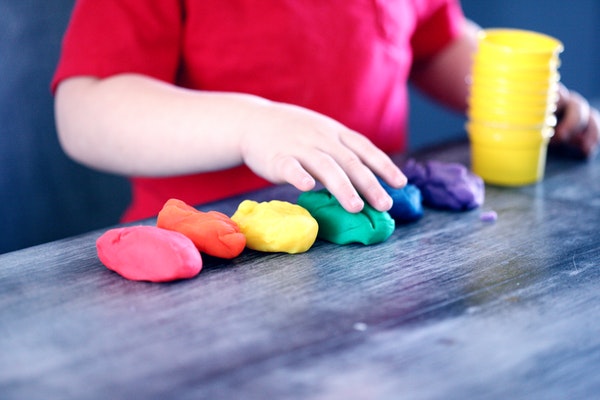As a parent, you have to prepare your child for the world, but unfortunately, personal finance has become somewhat of an afterthought. Many schools are not teaching children personal finance, so a majority of a child’s knowledge when it comes to money management comes from their parents. How can parents even begin to teach their kids such an important and complex topic?
How do you start teaching about money?
Before the Internet and different currency technologies, money was a bit simpler. In this day and age, technology is changing constantly, which can be both a blessing and a curse when it comes to teaching your kids. Because many kids have screen time with their parent’s phones, children may spend money without you knowing it! However, if they understand money has value, they might think twice before making those in-app purchases.
One of the oldest ways to teach children about money is to start giving them an allowance. An effective way to start this is to give them a dollar value for each chore they usually do. This will teach them that work gets rewarded, and money has to be earned. Maybe let them spend their first allowance on something they want. This example will give them the start of the building blocks for personal finance.
Start Teaching Savings Early
The next step in teaching your child about personal finance is to talk about savings. Children can be impulsive, and that will show as soon as they get their hands on any amount of money. It is essential to show them the benefits of saving versus spending, as you must try to have some safety net in life. This will not be an easy task, but your children deserve to get all the knowledge they need to be successful adults.
A simple way to start their good saving habits is to find an item, like a toy or a game, that they want. At this point, they should have a basic understanding of the value of money and that you need it to purchase things. Make sure the item is worth more than they would earn in a typical week from chores, then show them the difference in price mathematically.
The Internet Age Changes Things
Long gone are the days of paying for everything from a checkbook and then balancing it at the end of every month. Everything you do can be accessed at the tip of your fingers, and that can be advantageous. Having access to real-time financial information is an excellent way to keep you honest and grounded about your personal finance. Show your children how some of these apps and websites work but also explain how to write a check and balance a checkbook. Your children need to be exposed to real-life finances so they can understand and comprehend them better.
Teaching Children Personal Finance Is Up to You
In the end, it is your responsibility as a parent to ensure that your child gets the best education that they can. By taking control of your children’s financial learning, you can trust that they are going to learn responsible money management habits.
Start them learning about money as early as you see fit, as there is no limit as to how young they can be. Make an effort to include kids more in the financial talks, even if it is to make them feel included.
Author Bio: Erica Sunarjo is a digital nomad, writer, and localization specialist. Due to her background in psychology, she works with the medical-legal translations department ofThe Word Point. The articles she writes are directed towards making peoples’ lives better.
If you struggle to pay off debt, ACCC can help. Schedule a free credit counseling session with us today.






